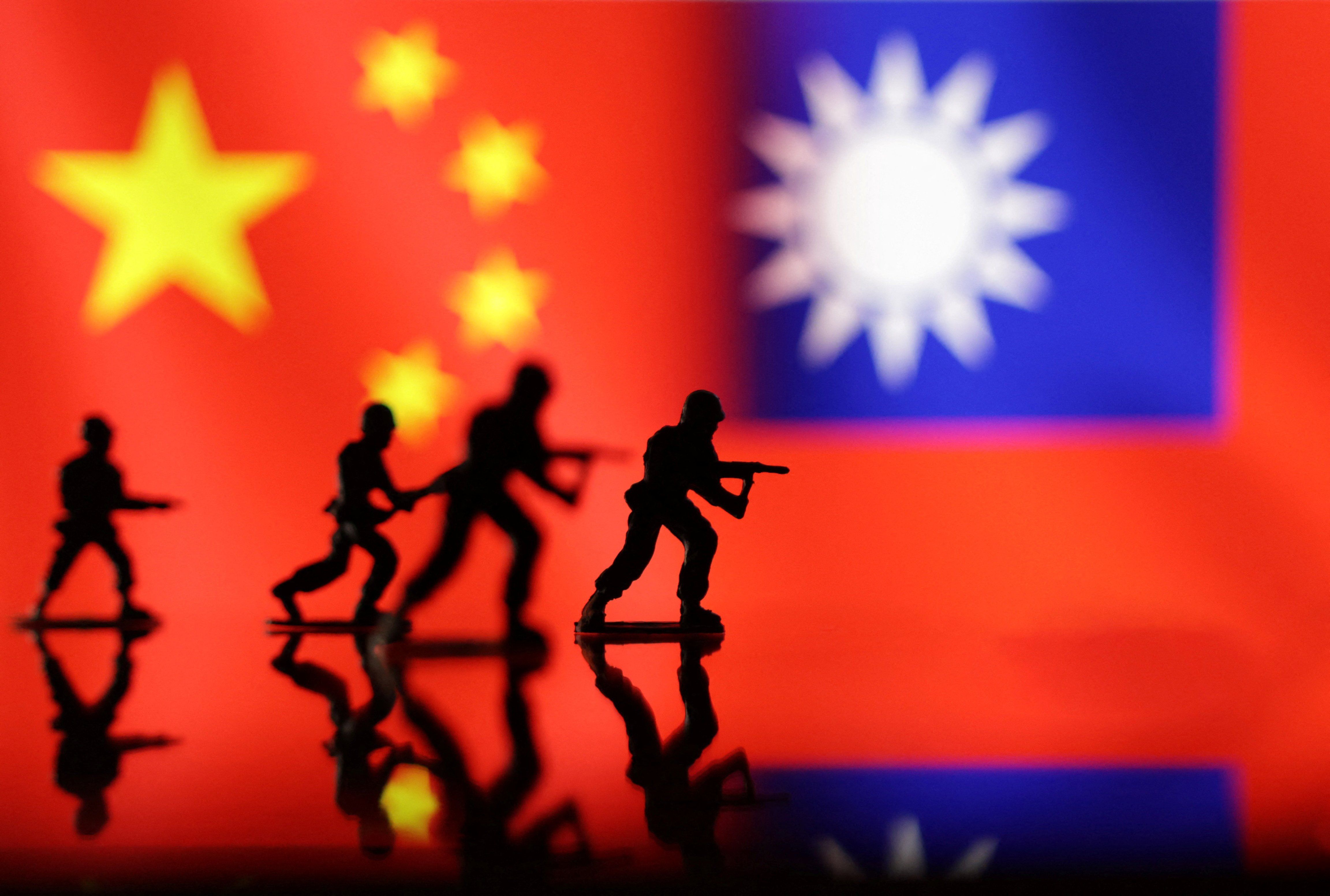The US and China may not be in a Cold War — but they could end up fighting a hot war over Taiwan.
For many, the question is not if but when Xi Jinping will decide to invade the self-ruled island. Maybe 2025, especially if a pro-independence candidate wins Taiwan's presidential election next year and the US president is distracted by messy domestic politics. Another option is 2027, when Xi has told the Chinese military to be ready to attack. Or perhaps he will just kick the can down the road until his final deadline, 2049, when the People’s Republic turns 100.
Regardless, annexing Taiwan by force would be a huge gamble for China.
For one thing, Xi knows that no matter how much China boosts defense spending, its military has not been tested in combat since 1979, when it — checks notes — lost a border war with Vietnam. For another, China's leader is probably having second thoughts after the Western response to Russia's war in Ukraine.
What's more, the US is treaty-bound, under the 1979 Taiwan Relations Act, to help Taiwan defend itself. (Not defend Taiwan, whatever President Biden says.) But getting weapons to Taiwan under China's nose will risk direct conflict with US forces, potentially triggering World War III.
Finally, if you think the war in Ukraine did a number on the global economy, a US-China fight over Taiwan would be much worse. The island is a chipmaking superpower, and the potential hit to global supply chains is uncharted territory.